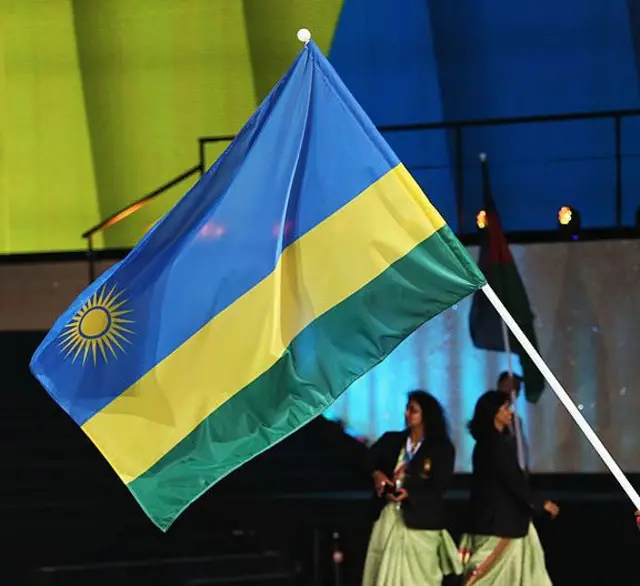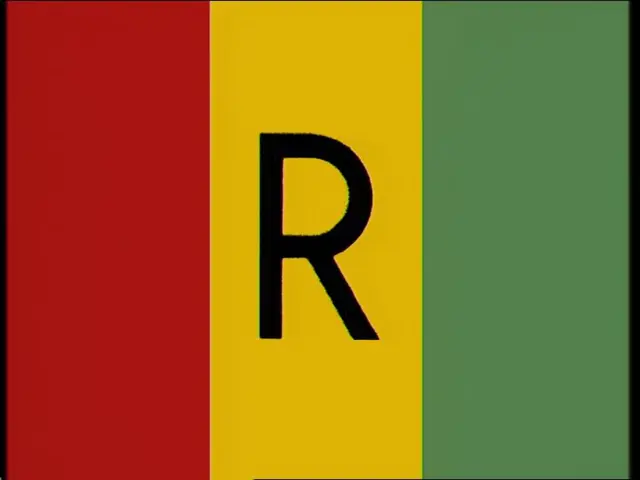Did Macron blame African women for the continent's problems?published at 10:49 BST 11 July 2017
A 28-second video clip of French President Emmanuel Macron making controversial remarks about Africa and African women in particular has been doing the rounds on social media since late yesterday.
Mr Macron said during a press conference in the recent G 20 summit in Hamburg, Germany, that African problems were "civilisational" and argued, in an answer as to why there was no concerted effort to help the continent economically, that Africa's high birth rates made it untenable to achieve economic success:
Quote MessageA successful demographic transition when countries still have seven to eight children per woman — you can decide to spend billions of euros, you will not stabilize anything.”
Allow X content?
This article contains content provided by X. We ask for your permission before anything is loaded, as they may be using cookies and other technologies. You may want to read X’s cookie policy, external and privacy policy, external before accepting. To view this content choose ‘accept and continue’.
Vox reports, external that "Macron’s full response is somewhat obnoxious and ham-handed, but it’s actually not as obnoxious and ham-handed as it originally sounded."
In it he says:
Quote MessageThe challenge of Africa, it is totally different, it is much deeper, it is civilizational, today. What are the problems in Africa? Failed states, complex democratic transitions, demographic transition, which is one of the main challenges facing Africa...
Quote Messageit is then the roads of multiple trafficking which also require answers in terms of security and regional coordination, trafficking drugs, arms trafficking, human trafficking, trafficking in cultural property and violent fundamentalism...
Quote MessageIslamist terrorism, all this today mixed up, creates difficulties in Africa. At the same time, we have countries that are tremendously successful, with an extraordinary growth rate that makes people say that Africa is a land of opportunity."


